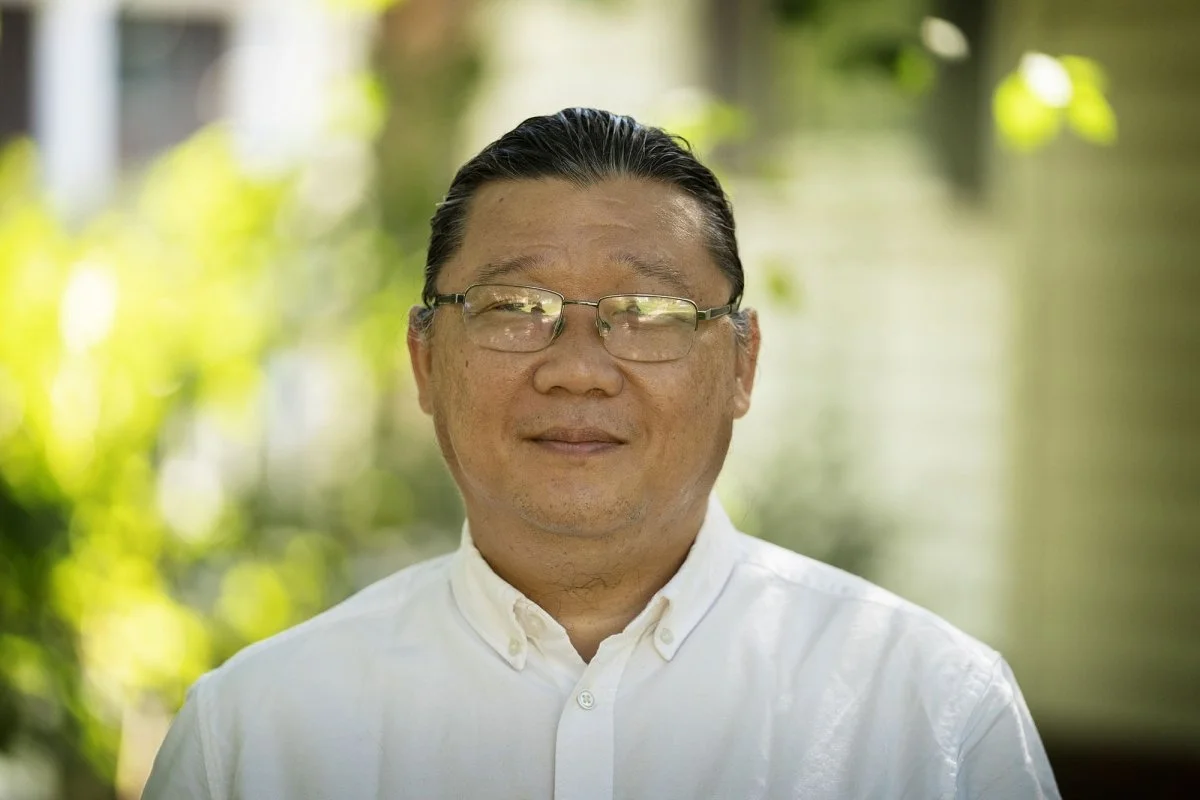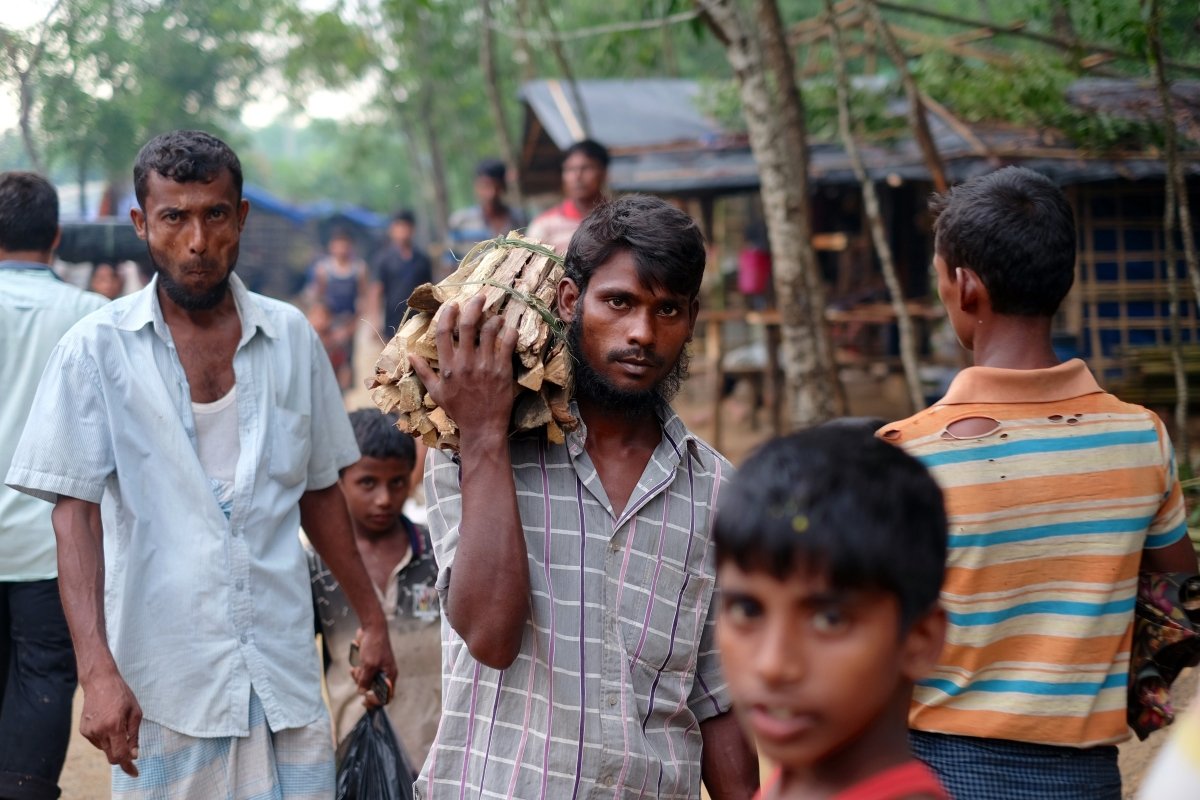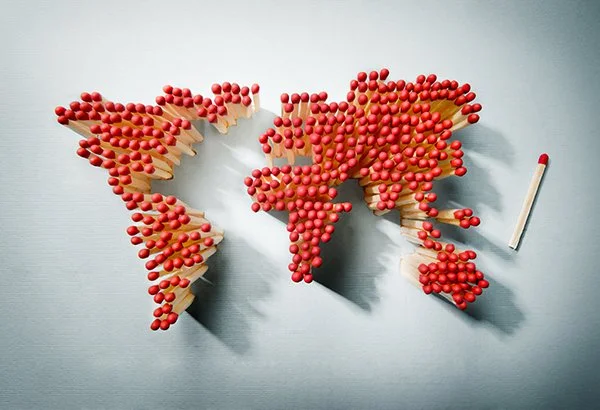Hot Spots, Part III - Myanmar
Peaceful protests against the military coup in Burma may descend into civil war.
Myo Yan Naung Thein had to be smuggled out of his country last spring or face certain torture and death. A leader in Myanmar’s pro-democracy movement, Naung Thein worked in the National League for Democracy, the party of deposed leader Aung San Suu Kyi. Now in exile in the United States, Naung Thein shares his gripping tale, and explains why he thinks the Burmese military regime is losing.
Just before Burma gained independence from Britain in 1948, the southeast Asian colony’s national hero, Maj. Gen. Bogyoke Aung San, was assassinated. The fledgling country soon fell into the hands of a military dictatorship, which exploited fears of communist revolution and ethnic divisions to subdue the people and crush the opposition. For nearly 50 years, the junta thwarted efforts to democratize Burma, renamed Myanmar in 1989.
The junta disregarded its own electoral procedures, at last accepting quasi-democratic rule in 2010. Then it orchestrated an election victory for its own Union Solidarity and Development Party. But democracy advocate Aung San Suu Kyi, Gen. Aung San’s daughter, was released from house arrest days after the election under international pressure. And she has since enjoyed broad popular support for her pro-democracy party, leading the party’s candidates to two parliamentary victories. Last February, military leaders stripped her of her position as State Counsellor — essentially, the prime minister — and has trumped up serious allegations to keep her from power.
Since this latest coup, thousands of peaceful protestors have taken to the streets and many have been imprisoned and killed. An armed resistance is forming in the forests of Myanmar to fight back, while others, like Naung Thein, the NLD’s chief of research, still yearn for a peaceful resolution. Together with his wife, Naung Thein is now living in exile in Charlottesville, Va., with support from our parent organization, the University of Virginia’s Democracy Initiative. This week, he joins Will and Siva for a conversation about how the Burmese military, with a mere 1 percent of the population in its ranks, continues to hold on — and how it may yet be overcome. He also assesses, quite candidly, Suu Kyi’s missteps as the country’s leader.
About This Series
We’re rounding out Season Three with a tour of democracy hot spots both abroad and close to home. We began in November with an examination of the effort in our own hometown to hold far-right extremists to account for the violence inflicted during the “summer of hate.” Last week, we turned to Cuba and put the unprecedented July 11 protests on the island into historical context. Coming soon: a look at crises and breakthroughs in Eastern Europe.












